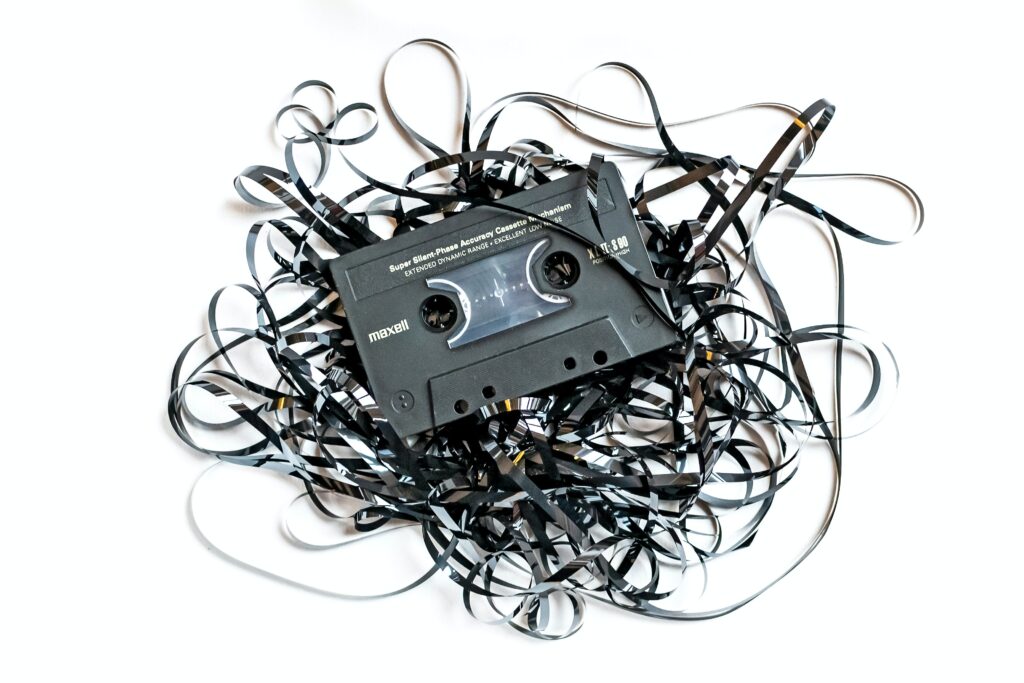
Earlier this year, I had a conversation with a woman in southern Oregon that really got my wheels turning around fear, success, failure, and what the heck we do with it all.
We talked about how there’s a significant difference between having a negative experience and doing something good with it versus dismissing your role in it (and the opportunity to learn).
It’s often too easy to simply blame the other person in an attempt to absolve yourself of any responsibility. But we’re capable of so much more than that.
There’s also an important distinction to be made between hyper-analyzing your actions and beating yourself up versus having the courage to honestly take stock of what happened and recognize that you might have acted in a way incongruent with your true values — and doing something about it.
The first route is self-sabotaging and unproductive. The second route opens the door to growth.
In the first case, you might ruminate and belittle yourself, saying, “I’m a terrible person” or, “how could I have responded that way?” or “my tone was unforgivable.” And maybe you leave it at that, wallowing in your self-abuse.
In the second case, you might reevaluate the situation and realize you spoke with a certain tone or had a look on your face that wasn’t helpful to the situation or used language that was innocuous in your ears but offensive in another’s. The next step is key — you ask yourself two important questions:
- What are you willing to do about it? (Can you muster up the courage the next day to tell the person you hurt, “I’m sorry, I was a jerk about that”?)
- How are you going to change going forward to prevent a repeat of the behavior?
And while we’re at it, here’s a gentle reminder for all the perfectionists and people-pleasers in the room: Perfection is never found in the avoidance of mistakes but always in the lessons they teach us.
We have a tendency to look at our mistakes and become intimidated by them. But we need to reframe our mistakes as opportunities for growth — and problem-solving.
It’s not the mistake that’s the problem, it’s what happens next that’s the problem. That is what matters most — how you respond (and repair when needed).
If I get defensive or blame someone else, that’s a problem. That looks so much different than gathering the courage to analyze, and accept the experience — even if it went poorly — and use it as a case study.
Remember, success is the journey, not the destination. The journey is made up of a countless number of successes. Having a negative experience with a person — and realizing you played a part in that, apologizing, and moving forward — is a form of success.
All of us are works in progress. We learn, improve, and get better at being the best versions of ourselves. We don’t have to be perfect the first time. But we can strive to be kind — to ourselves and others.
In the ever-wise words of Taylor Swift, “Never be so clever / You forget to be kind” and “Nevеr wield such power / You forget to be polite.”
Photo by Etienne Girardet on Unsplash
